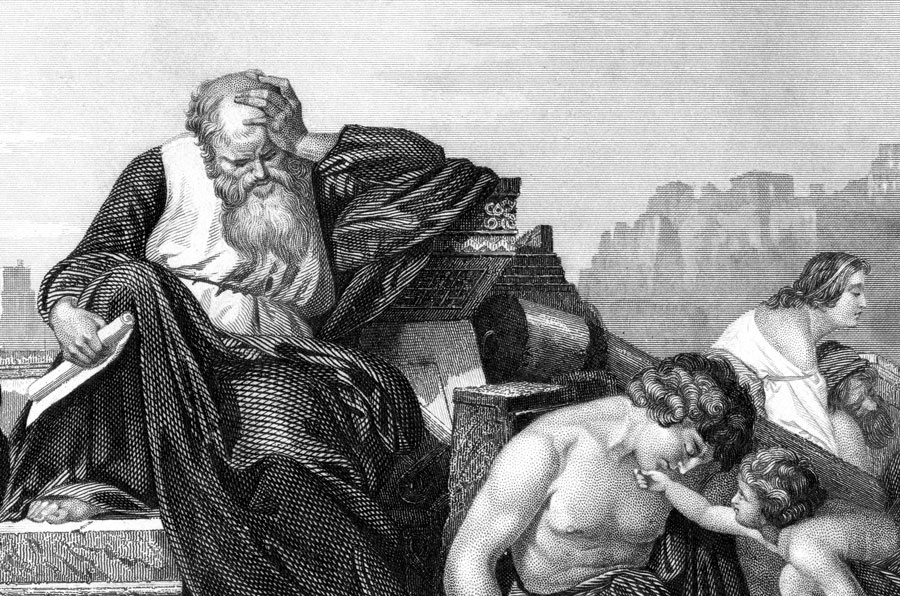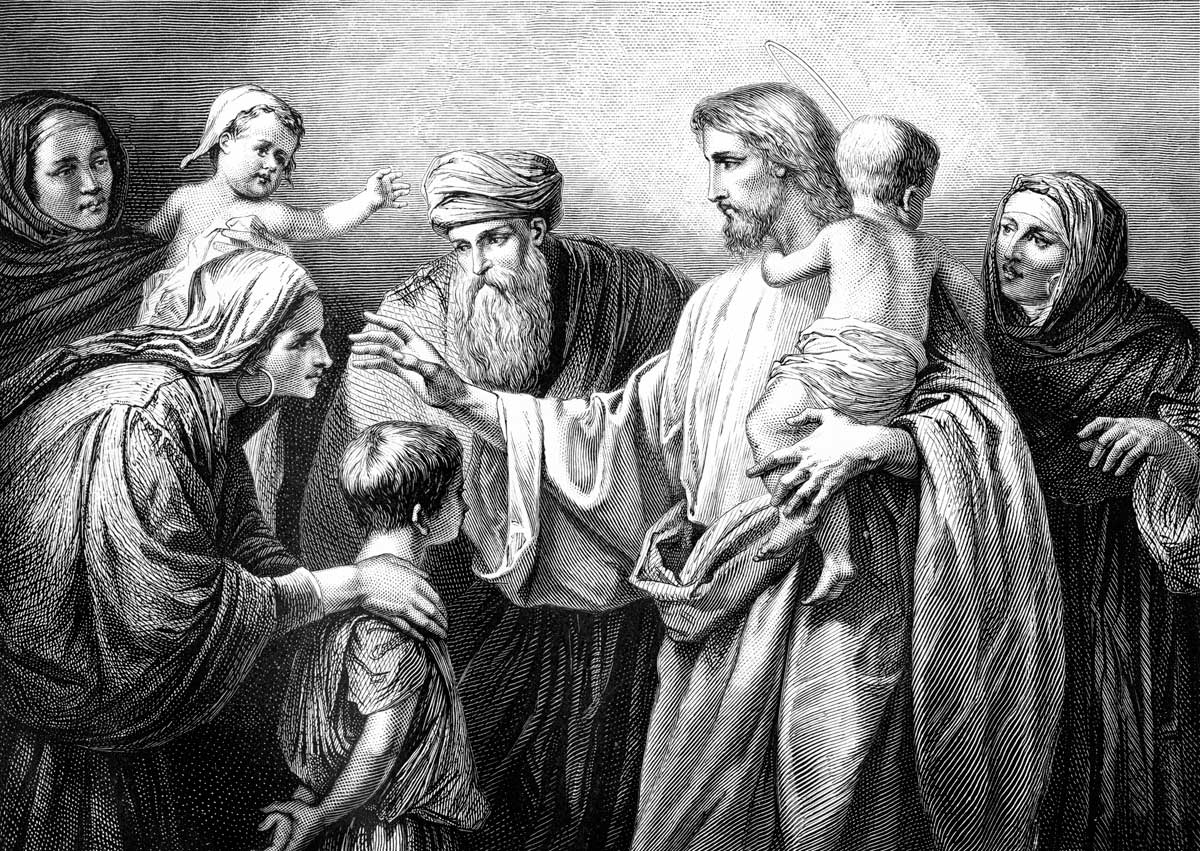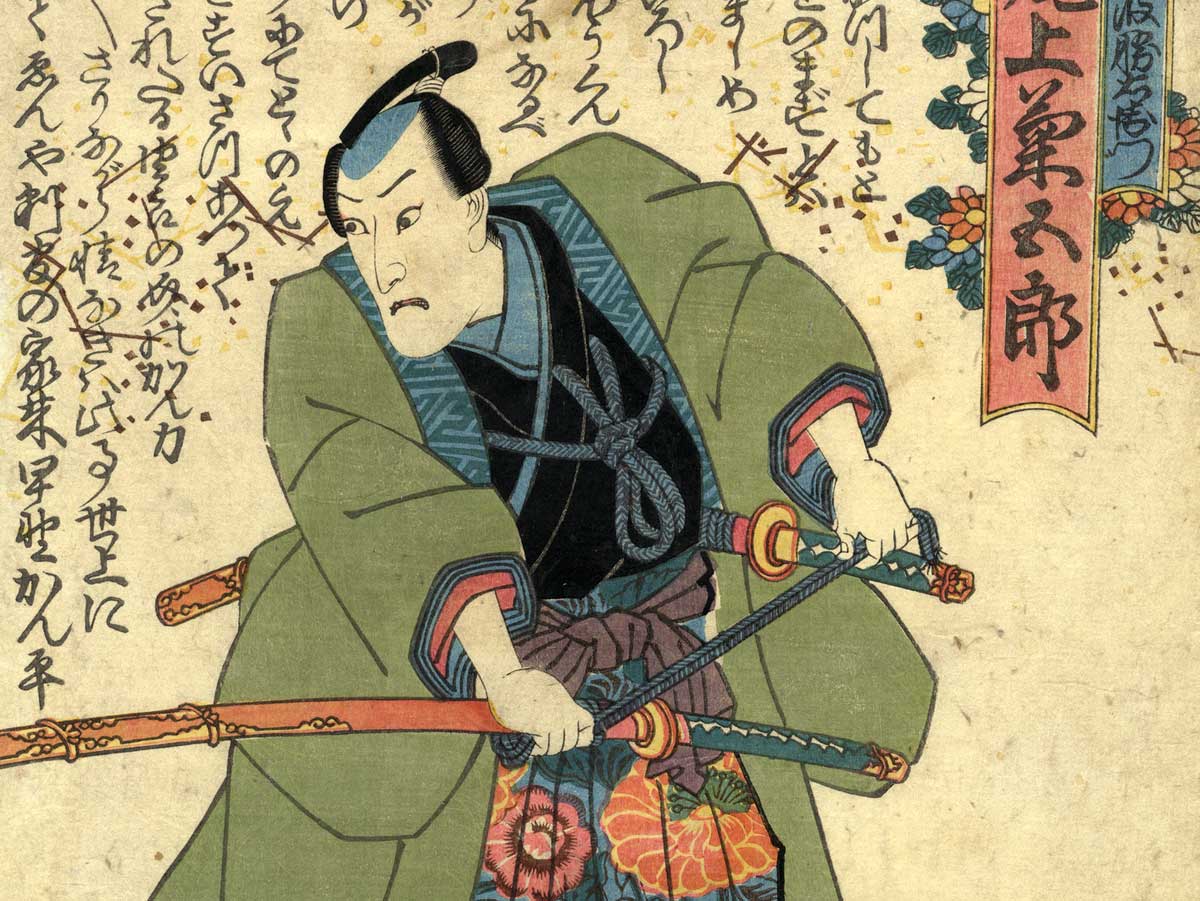Editorial
The Welfare Snare
Christian Conflict with the Liberal State Is by Design by James Hitchcock
Upon issuance, the Obama administration’s requirements concerning health insurance were immediately recognized as a threat to religious liberty. Less obvious is the fact that such infringements, and many that will be far worse, are endemic to the modern welfare state and were bound to emerge sooner or later.
To begin with, there is the king’s shilling. If private institutions accept money from the government, and come to depend on those subsidies to survive, the government will inevitably claim oversight, as to some extent it must, since the recipients of public money must be held accountable for how they use it.
The subsidies are to some degree deliberately offered as a temptation, since the welfare state tolerates agencies of private charity only reluctantly, and through subsidies it increasingly draws those charities into its net, giving them funds far beyond what they could themselves obtain and thereby subjecting them to government scrutiny.

Total Welfare
The scope of economic welfare continually expands. In the beginning it was merely the “safety net”—aid to people temporarily unemployed or too old or sick to work. But eventually it created a class of people who depend on such support for their entire lives, who become the state’s permanent wards.
Even more important, the liberal idea of “welfare” also continually expands, in accord with continually evolving, wholly secular, concepts of the good life. Liberalism is left with only one absolute—an infinitely malleable concept of “health”—and access to contraceptives falls under that rubric. An unwanted pregnancy is viewed as a medical disorder even if it poses no physical threat to the pregnant woman.
This is because the welfare state now undertakes responsibility for the individual’s entire well-being. In the ideal liberal society, a wise and benign government, through the judicious use of both carrot and stick, would nudge people towards realizing their “full potential,” to which an unplanned pregnancy could be an obstacle.
Much of education already embodies this liberal program, having shifted its primary purpose from imparting knowledge to inculcating the proper attitudes towards things ranging from sexual behavior to smoking to gender identity. Religion is excluded, because most liberals doubt whether religious belief fosters personal well-being, and many think it impedes it.
As the education wars show, the liberal state’s claim of responsibility for people’s total welfare inevitably turns all moral questions into political issues. In theory, the liberal state espouses moral relativism in the name of personal freedom. But such a position is not sustainable, because decisions have to be made. Liberals see the state, when properly ordered, as itself embodying normative values, and as possessing the ability to “help” those people and institutions that do not share the liberal vision of the good life, and the authority to correct them if necessary.
James Hitchcock is Professor emeritus of History at St. Louis University in St. Louis. He and his late wife Helen have four daughters. His most recent book is the two-volume work, The Supreme Court and Religion in American Life (Princeton University Press, 2004). He is a senior editor of Touchstone.
subscription options
Order
Print/Online Subscription

Get six issues (one year) of Touchstone PLUS full online access including pdf downloads for only $39.95. That's only $3.34 per month!
Order
Online Only
Subscription

Get a one-year full-access subscription to the Touchstone online archives for only $19.95. That's only $1.66 per month!
bulk subscriptions
Order Touchstone subscriptions in bulk and save $10 per sub! Each subscription includes 6 issues of Touchstone plus full online access to touchstonemag.com—including archives, videos, and pdf downloads of recent issues for only $29.95 each! Great for churches or study groups.
Transactions will be processed on a secure server.
more from the online archives
calling all readers
Please Donate
"There are magazines worth reading but few worth saving . . . Touchstone is just such a magazine."
—Alice von Hildebrand
"Here we do not concede one square millimeter of territory to falsehood, folly, contemporary sentimentality, or fashion. We speak the truth, and let God be our judge. . . . Touchstone is the one committedly Christian conservative journal."
—Anthony Esolen, Touchstone senior editor











